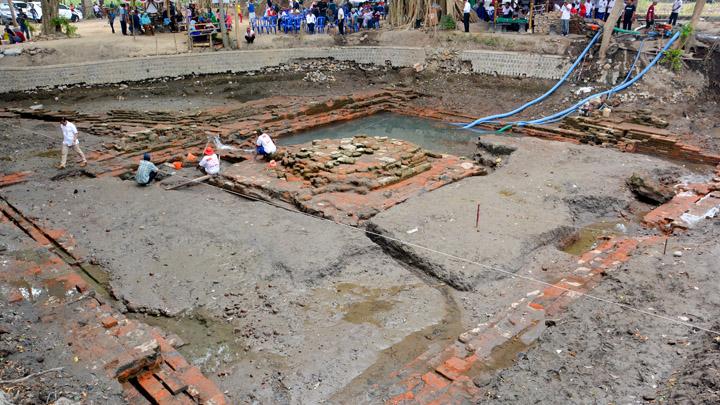
TEMPO.CO, Jakarta - This year, the agriculture ministry is highlighting its food sustainability program through diversification of local foods. But the movement has already been initiated in a number of regions. The regency government of Sigi, Central Sulawesi, is training locals to produce tortilla from local crops such as purple yam, corn and cassava. Meanwhile, Kampung Turu residents in the Yapen Islands Regency, Papua, are making pizza from keladi, a tuber plant. A food festival was held in Kupang, East Nusa Tenggara, at the end of February. Tempo English reports.
Tortilla, Sigi Style
Sigi’s regency government is helping the local community process local crops into a tortilla. The Mexican dish is now sold outside the island through e-commerce.
Alfrida still vividly remembers how she became the butt of mockery last August. "Why bother traveling so far just to learn how to make kerupuk (fried crackers)?" people would say to the 34-year-old woman.
She was about to learn how to make tortilla chips in a training program organized by the regency government of Sigi in South Sulawesi. The training, which lasted seven days, was held in Malindo, North Luwuk. Alfrida was selected as a participant by the village administration of Ampera, in Sigi’s Palolo subdistrict.
Luckily, Alfrida chose to ignore the mockery. As a housewife with no income, she welcomed the opportunity to learn how to make tortilla. She had no idea what tortillas were, and her neighbors had only told her they were similar to traditional fried crackers. "Eventually I felt grateful that I was able to participate in the training because of its positive impacts," she said.
While in training, she studied from morning till night. Participants learned about entrepreneurship and the technique for making Tori Sigi, short for Sigi tortilla. While in Mexico tortilla is made from corn, in Sigi the snack is made from a variety of local crops such as cassava, taro, among others. Alfrida also learned about marketing and packaging.
These lessons were not taken for granted. Alfrida was eager to start a business making and selling Sigi tortillas. When she returned to her village, she roped in four housewives from her neighborhood to start a business together. As the group leader, she taught them how to make Tori Sigi, getting them to supply the ingredients from their own gardens.
After agreeing to go into business together, Alfrida and her friends also agreed to call their product Tori Sigi ‘Baper’ (‘get carried away’, a term popular with the youth), a name she says would make the product more hip and easier to remember. "So that people would be interested in buying them," she said with a laugh.
Their product sells for prices similar to other snacks found in minimarkets, Rp5,000 for 50 grams and Rp10,000 for 100 grams.
Although Tori Sigi Baper is still a home industry product, Alfrida refuses to be careless in running the business. This year, the brand received the halal certification from the Indonesian Ulama Council (MUI) and is now distributed to souvenir snack shops, eateries, supermarkets in the cities, in Sigi, as well as in Poso and Palu-two large cities in Central Sulawesi. Meanwhile, social media such as Facebook are also used to market the brand. "Our husbands are in charge of marketing," said Alfrida.
Alfrida has a net profit of about Rp3 million per month. "For me, someone who previously had no income whatsoever, this is an achievement."
Read more inspiring Outreach stories in Tempo English Weekly Magazine























